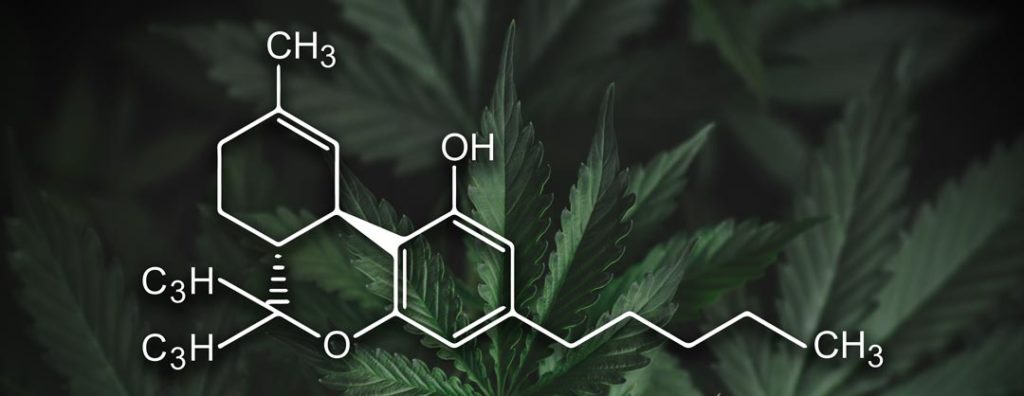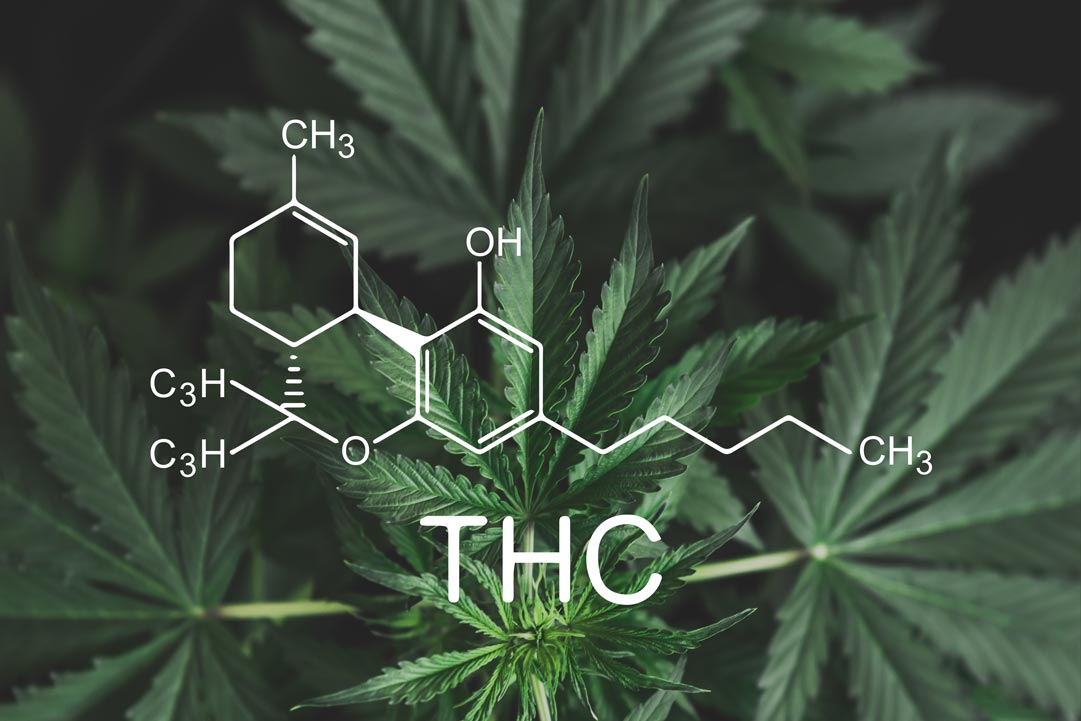It may seem logical to assume that the higher the THC content of your cannabis, the greater the impairment and the greater its psychotropic effect. However, this is not the case according to a recent University of Colorado study. In this article I will be citing the study, explaining the results and their implications. I will also present the other factors that play a role in how cannabis affects consumers.
The conventional wisdom among many cannabis consumers seems to be that the more THC a product contains, the better it is. This is simply not true. The THC content is just one component of a cannabis strain. The way it interacts with other cannabinoids and terpenes, known as the Entourage Effect, is much more important.

If you look at the products on the shelves of dispensaries, the high content THC products of 25% and more are much more prevalent than the products with lower THC content. Not only do the high THC products sell out more quickly, but consumers are willing to pay a premium for them. This study illustrates that the THC content is not an accurate indicator of potency nor of how beneficial the product is.
This hypothesis was put to the test in a recent study conducted by the University of Colorado and was published in the Journal of American Medical Association (JAMA) Psychiatry on June 10, 2020.
University of Colorado Study
Researchers wanted to study the experiences of real cannabis users to assess how they reacted to different potencies of both concentrates and flower. In a study conducted at the University of Colorado at the Boulder Institute of Cognitive Science, researchers examined the experiences of 121 cannabis users. Half of the participants were regular cannabis extract users and the other half were flower users. Researchers used Dodge Sprinter vans, which they named “cannavans,” as mobile laboratories.
THC Blood Levels and Impairment
A van was driven to the home of each participant where researchers took blood samples while monitoring them for their mood, cognitive function and intoxication levels. This was done before administering the cannabis, immediately afterwards and one hour later.
Extract users were instructed to purchase products that contained 70% or 90% THC content.
Cinnamon Bidwell, assistant professor at the Institute of Cognitive Science and lead author of the study, was surprised by the results which were as follows:
Those who used the highest potency concentrates had THC blood levels of more than twice that of the flower users, but they all reported the same level of intoxication.
The potency of the samples was not reflected in intoxication levels and those participants using the concentrates were much less impaired than the researchers expected.
- Concentrates users had THC blood levels of up to 1,106 micrograms/ml
- Flower users had THC blood levels of up to 455 micrograms/ml
Both groups reported amazingly similar levels of impairment in balance and cognition:
- Balance impairment of 11% was reported by all the study participants
- Significant memory impairment was reported by all participants but the effects wore off within about an hour
That begs the question, how could consumers using different strengths of THC products all report very similar levels of psychoactive effects? Here are the likely explanations:
- Long-time concentrate users develop a tolerance over a period of time
- There is a likelihood that due to genetic or biological components, some consumers metabolize THC more quickly than others
- Once the cannabinoid receptors in the brain responsible for the psychotropic effect are filled, adding additional cannabinoids have little effect
It is important to note that this is not the case with edibles. If you compare an edible containing 50 mgs to another edible containing 10 mgs, you will be much more intoxicated and for a longer period if you ingest the higher dose.
Implications of the Study
The researchers posited that these results could be useful in developing roadside sobriety testing as well as educating consumers about both recreational and medicinal cannabis dosing. More importantly, does this study suggest that consumers can use lower doses of cannabis in order to reap the desired effects?
In addition, the authors intend to investigate if there are any long-term health risks associated with high potency concentrate usage. They are interested to know if long-term concentrate use alters the cannabinoid receptors that may have long-term deleterious effects. They also wonder if it is more difficult for concentrate users to quit should they choose to do so.
Lastly, the authors issued a warning to inexperienced users to proceed with caution when they first start using concentrates. Start slow and increase the dosage gradually.
Does High Potency THC Matter?
Apparently, cannabis researchers, growers and sellers are aware of this consumer obsession with high-THC strains. By continuing to satisfy consumer demand, albeit a misdirected one, merchants are doing a disservice not only to consumers but to the entire cannabis industry. By prominently displaying high-THC products on dispensary shelves, dispensary owners are perpetrating this misunderstanding rather than educating consumers.
What some consumers do not understand is that the THC number they see on the label is most likely a rough estimate. It might even be inflated or unreliable depending on the lab that tested it. The good news for those consumers that understand the importance of the Entourage Effect is that they can take advantage of the current market by buying strains with lower levels of THC at a lower price. But it is in the best interests of cultivators of lower THC strains to educate the public so that they can stay in business.
I will leave you with this final thought. The smell test is thought to be one of the best ways to assess a cannabis strain. Be safe. Don’t share. Enjoy!
Sources:
forbes.com, Science Reveals The Cannabis Industry’s Greatest Lie: You’re Buying Weed Wrong (And So Is Everyone Else), Chris Roberts, June 16, 2019
sciencedaily.com, Marijuana Concentrates Spike THC Level But Don’t Boost Impairment. June 10, 2020

